I’ve just rewatched this snippet of a debate between the atheist Christopher Hitchens and the conspiracy theorist Dinesh D’Souza.
Transcript
Now the argument really comes down to this: the absence of evidence is evidence of absence. In other words, if we don’t know about something we should believe it doesn’t exist. I want to suggest why this is actually an unscientific and very foolish way to think.
We can sort of see it by stepping outside the debate and applying it to some other issue. Let’s consider a simple question that’s a very relevant question today: is there life on other planets? And the answer is: we’re not sure. We don’t know.
Along comes the atheist, who says the absence of evidence is evidence of absence. We have not found life on other planets, so there’s no evidence. Therefore, there is no life on other planets.
Is this an intelligent position? No, it is stupid and premature. Why? Because we may not know how to look. It may be that there is — So the fact that there is no evidence is evidence of nothing! It may be evidence of the poverty of our imagination, the ineffectiveness of our instruments. The bottom line of it ultimately is when we look at the evidence we find the religious believers are right. Thank you very much.
This is a wonderful analogy! But not for the reasons D’Souza thinks it is.
If the god debate were transplanted to the domain of extra-terrestrials, here’s how it would play out.
The atheist — or should I say ‘an-alienist’? — would say, “We can’t prove that aliens don’t exist. But no one has ever shown convincing evidence of their existence, so until we get some, there’s no reason to believe in them. Of course, I’ll change my mind if more evidence becomes available.”
On the other hand, the alien-believer would say, “I know that aliens are real! I know this because I’ve had a personal experience with them. It’s really more of a relationship.
“They left a book which tells all about them. And I am so certain that my understanding of this book is correct that I am prepared to persecute and wage war with other alien-believers whose understanding of the aliens differs slightly from my own.”
Would you believe this person? Or would you simply feel pity for them, and end the conversation as soon as you could?
It’s fine to entertain the notion — even the hope — that life exists on other planets. But to be as certain of it as theists are of god begins to look like madness, and we should recognise both as such.
There’s another similarity between god and aliens. They’re both what Robert Sheaffer calls ‘jealous phenomena‘ — they show a preoccupation with not being discovered by humans, which makes it convenient for their respective apologists. They also both tend to appear to people when they’re alone.
I don’t think it was very smart of D’Souza to push this the god/aliens comparison, but I’m glad he did. It’s one of the few times he’s said something useful.




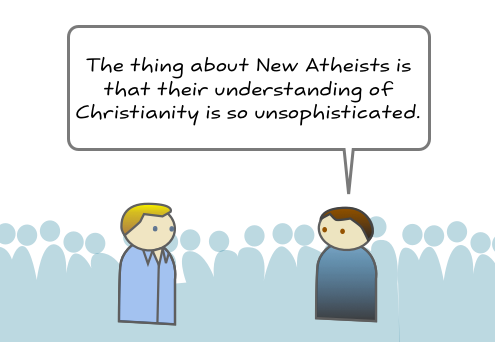


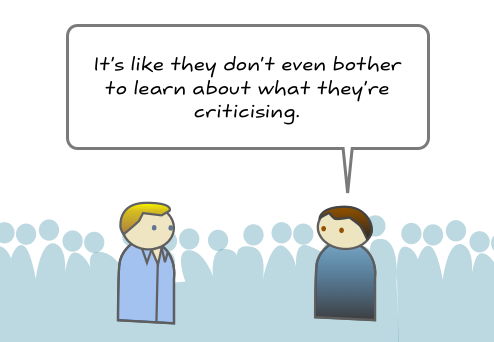
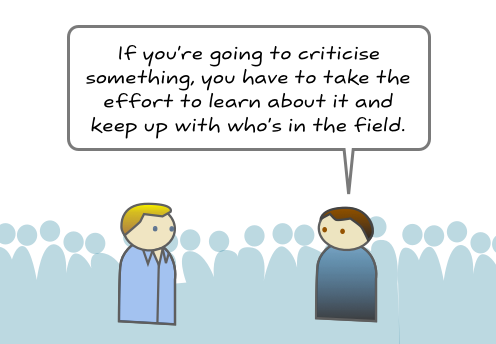
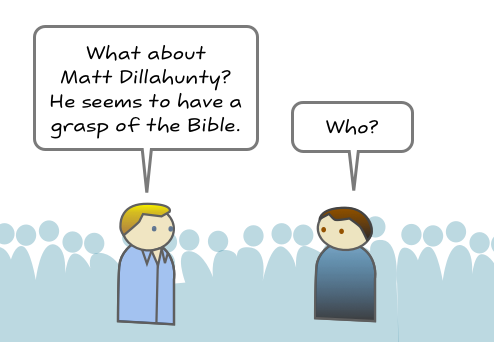
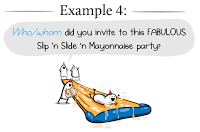


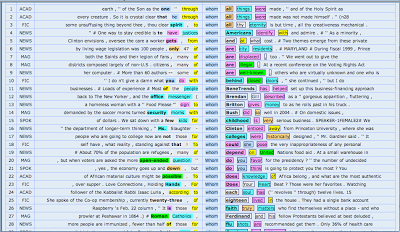
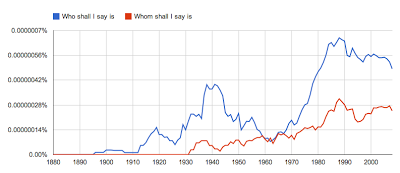
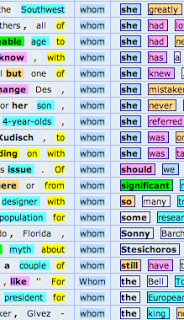




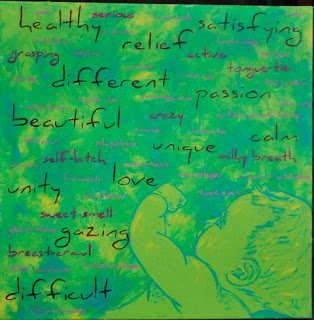
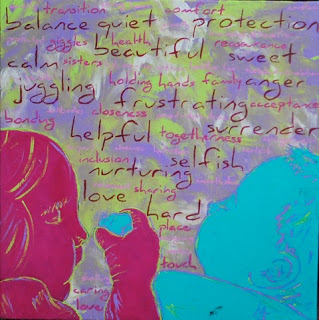




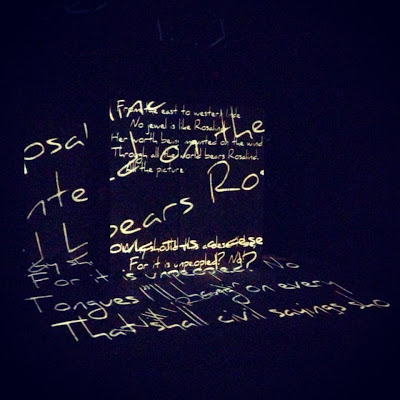


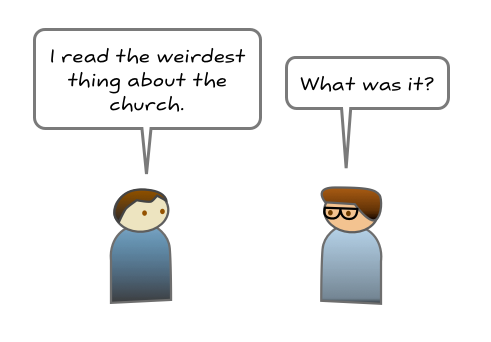

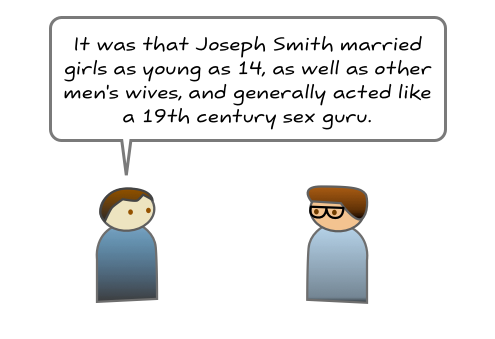

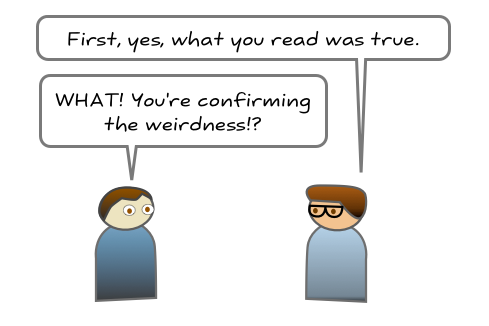
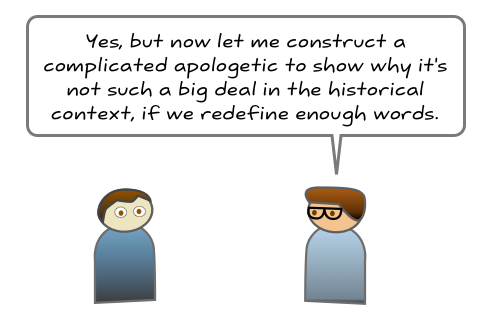
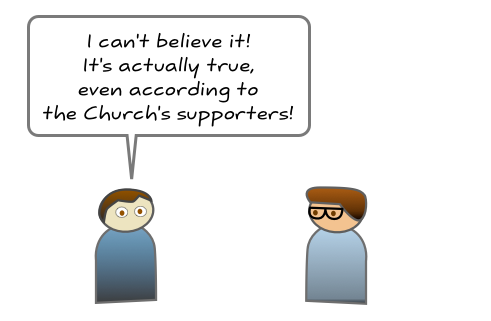
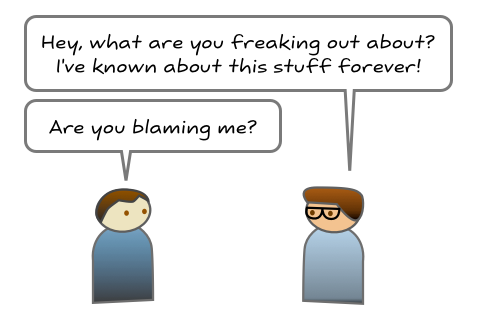
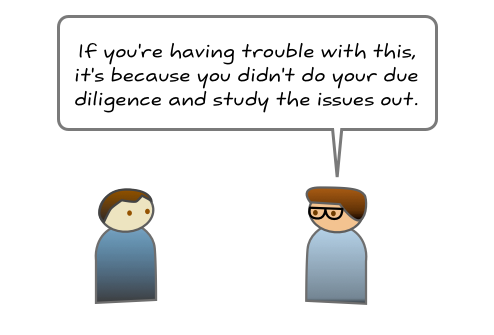

Recent Comments